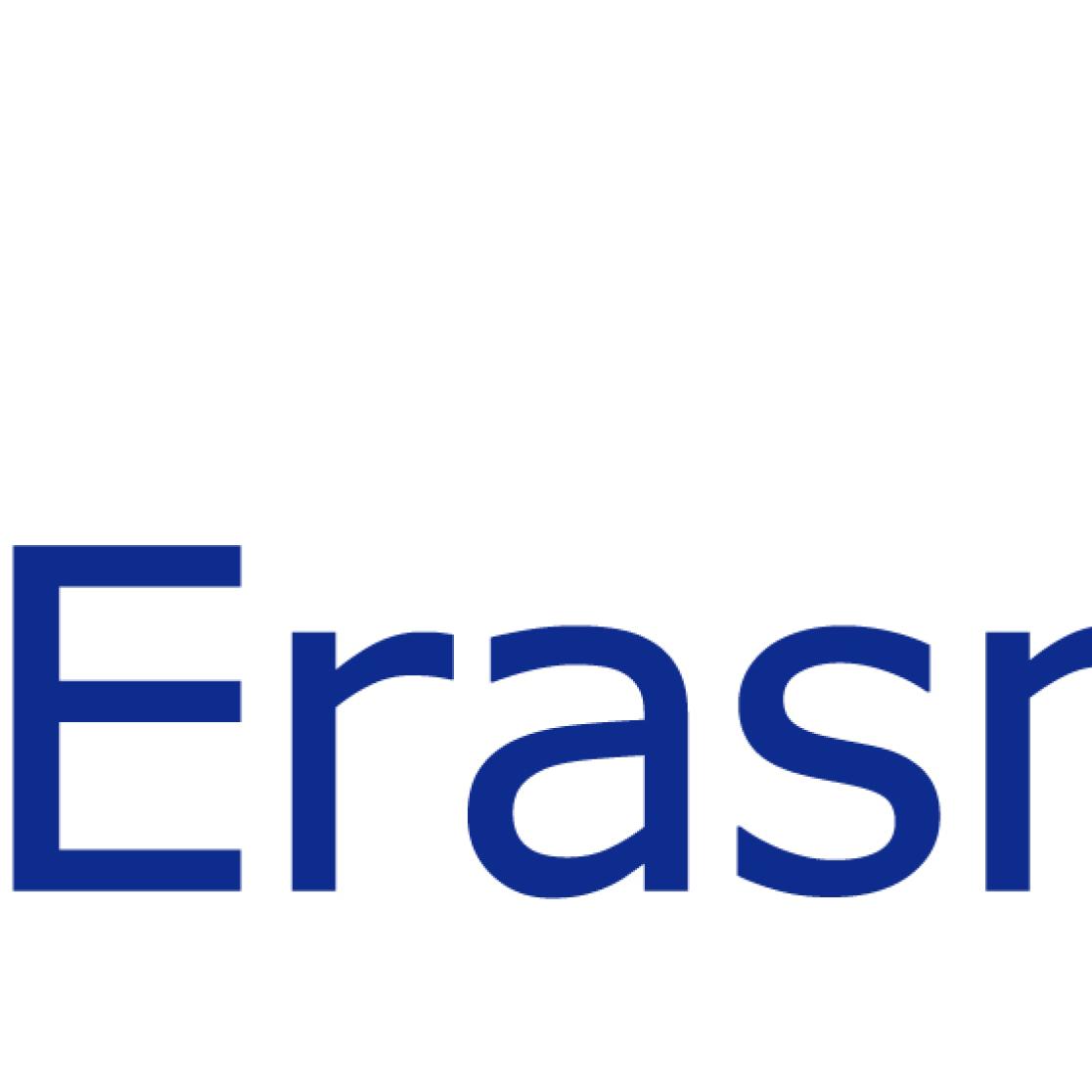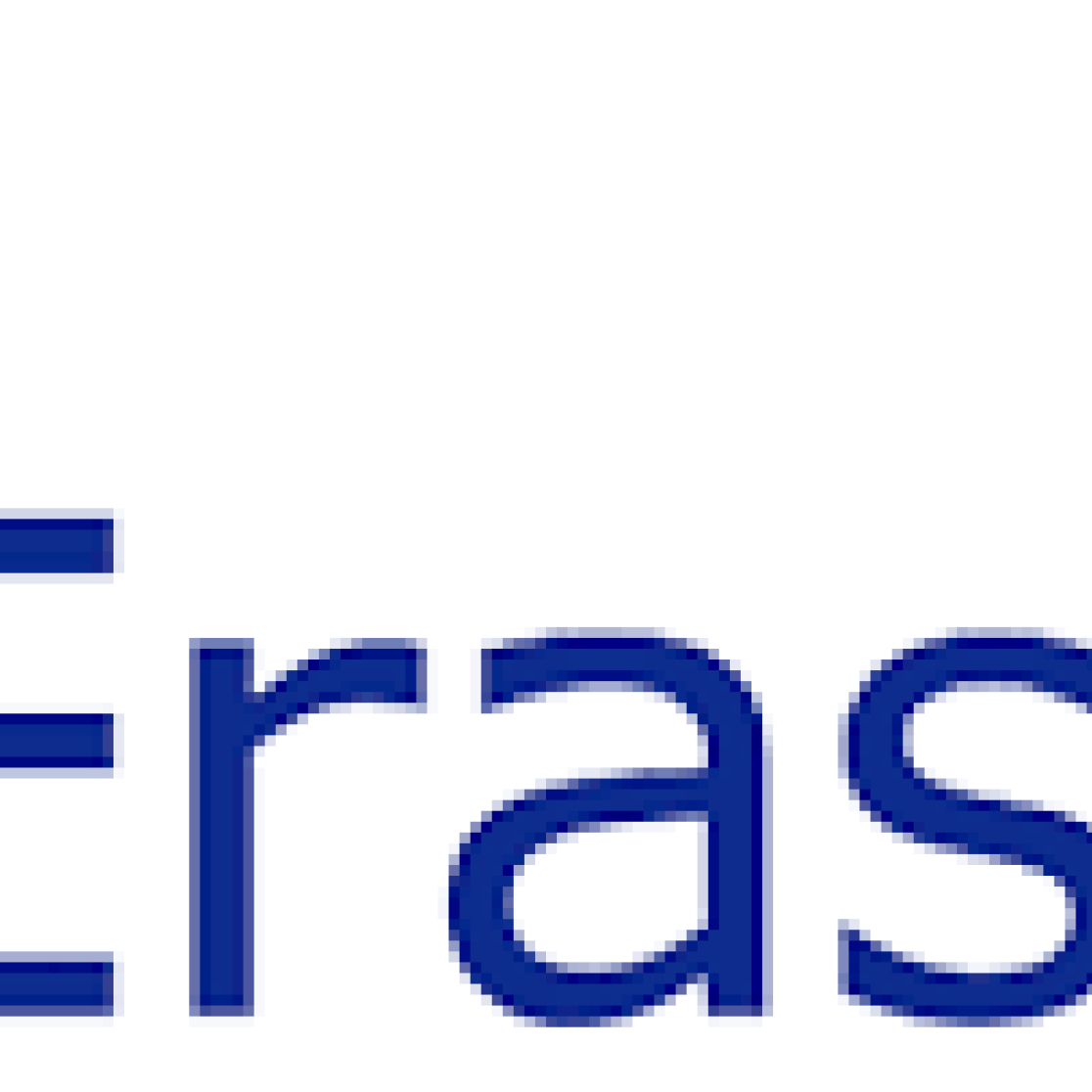Transnational Alignment of English Competences for University Lecturers
The project “Transnational Alignment of English Competences for University Lectures” (TAEC) is a 28 months project, funded through the Erasmus+ programme, in which the Language Centre at UM is a partner.
The project period was from 18 September 2017 to 17 January 2020.
The TAEC project is a collaboration between the following partners:
- University of Copenhagen (UCPH) – coordinator
- Maastricht University (UM)
- Universidad de Lleida (UdL)
- Universita Degli Studi di Torino (UNITO)
- Faculty of Humanities and Social Sciences in Rijeka (FHSS)
Recommended citation: TAEC EMI Handbook (2019). TAEC Erasmus+ project (2017-2020).
Project purpose
The purpose of the project is to develop a common framework for EMI quality assurance and support, which will help the partners adapt local EMI training and certification language assessment instruments for transnational uses.
TAEC will result in three intellectual outputs:
1. Report on the facets of a common EMI framework,
2. Technical report on alignment, and
3. An EMI handbook.(download Pdf version or e-pages)
Furthermore, the project aims to raise awareness about the specific characteristics of EMI and to offer opportunities for linguistic and pedagogical training for teaching in the EMI context.
Read more about the project and its activities on the following pages.
- You can also download the handbook in a Pdf version or e-pages
Project outputs
The TAEC Literature Database includes research on EMI in higher education across five different countries, Denmark, Italy, Spain, the Netherlands, and Croatia, in the period between 1999 and 2018. The five countries are intentionally selected to represent contexts at different stages of EMI implementation and EMI research histories. It includes 206 resources, i.e. articles, books (monographs and edited books), book chapters, chapters in proceedings, handbooks, institutional documents. The database entries were annotated based on a number of different categories, including language of publication (Catalan, Croatian, Danish, English, Italian), type of publication (e.g., journal article, book chapter), area of interest (e.g., policy, language use, assessment), foci (e.g., attitudes, intercultural communication, learning outcomes), type of research (e.g., empirical, conceptual), type of analysis (e.g., qualitative, quantitative), methodology (e.g., case study, ethnography), data (e.g., questionnaire, interview), domain (e.g., social sciences, life sciences), as well as information about the research questions, methodological specifications, and main findings. The database is searchable, and the entries can be sorted according to one or more of the above categories. The entries were double-coded, which means four coders annotated 10% of the entries again in order to ensure the consistent application of the categories. A high inter-coder agreement was achieved, i.e. the coders agreed on average on 90% of the annotation categories for the entries. The resources were selected based on their relevance for EMI, which was defined as:
English-medium instruction is characterised by four main features: 1. English is the language used for instructional purposes; 2. English is not itself the subject being taught; 3. Language development is not a primary intended outcome; 4. For most participants in the setting, English is a second language. (Pecorari & Malmström, 2018)
If you use the database for your research, we recommend the following citation:TAEC Literature Database (2020). The Transnational Alignment of English Language Competences for University Lecturers Literature Database. TAEC Erasmus+ project (2017-2020). URL (date of last access).
Please, see report attached.
2. TAEC EMI Lecture Corpus. Please, see report attached.
3. Linking the TOEPAS with the CEFR. Please, see report attached.
4. TAEC EMI Handbook. The Handbook can be downloaded, see attached. Recommended citation: TAEC EMI Handbook (2019). TAEC Erasmus+ project (2017-2020).
Documents:
- TAEC literature database
- TAEC database report 2606
- TAEC Final report
- LINKING THE TOEPAS WITH THE CEFR: TECHNICAL REPORT
- TAEC EMI handbook
Project Background
The background for the TAEC project can be found in the internationalisation of European universities over the last 20 years, which has led to a rapid increase of English Medium Instruction (EMI) programs and courses across Europe.
Though EMI has been developed to increase student, teacher and researcher mobility, its rapid growth has raised concerns regarding the oral English language competences of non-native English speaking lecturers and the implications for the quality of teaching and learning. Consequently, lecturers' English proficiency is under scrutiny and universities are developing policies for quality assurance, which are enforced by implementation of internal language assessments procedures and EMI teacher training.
Thus far, assessment and EMI teacher-training procedures such as these have only been developed and used locally, at institutional level. Therefore, the innovative purpose of this project is to improve the transparency in terms of how to reach and assess lecturers' language competences and teaching qualifications in order to establish their transnational recognition.
In other words, this project supports the implementation and development of a transparent, common framework, which can assure instructional quality and language support for lecturers in various EMI contexts across Europe.

Project objectives
The objectives of this project are to:
- identify and differentiate between the transnational and the local administrative, instructural and language needs of EMI programmes at partner universities,
- align a localy-used assessment scale (the TOEPAS at UCPH) with Council of Europe's CEFR, which will allow for standardization of results,
- develop an EMI handbook, and
- raise awareness among stakeholders.
The long-term objective of this project is to provide the groundwork for an EMI framework for quality assurance, which could be applicable across European universities beyond the partner universities involved in the project.
The TAEC project consists of seven interrelated work packages, all of which are integral parts of the project cycle. The project management and quality assurance are led by the UCPH while the partners are responsible for dissemination and sustainability. Each of the three work packages related to the three main outcomes of the project (EMI framework, alignment to the CEFR scale and EMI handbook) are managed by a different partner university, though supported by representatives from all partner universities.
Activities and events
During the project, the partners will host a series of local EMI workshops.
There are no workshops planned for the moment. For information concerning future activities please contact us at your-language-course@maastrichtuniversity.nl

Contact
If you have questions regarding the TAEC project, you can contact us at your-language-course@maastrichtuniversity.nl or the project coordinator at taec@hum.ku.dk.